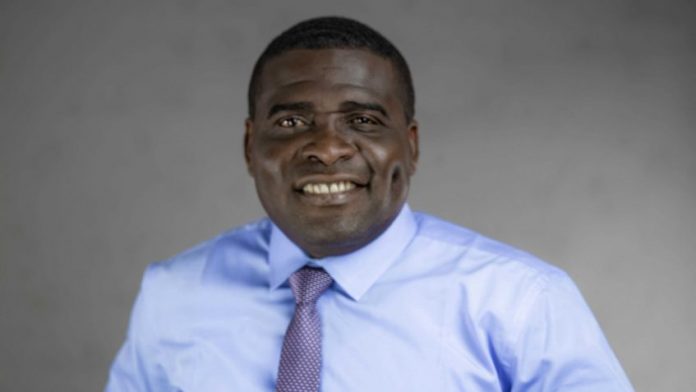
By Moses Oluwaseyi
Since Nigeria’s return to democracy in 1999, it has conducted at least 500 off circle and bye-elections cutting across Governorship, parliamentary position at National Assembly seats, at the Senate and House of Representatives as well as the State Assembly level.
More worrisome is that, a higher number of these cases are related to issues of impunity, electoral fraud, violence during polls which were later decided in court while a few of them were due to natural occurrences; death. It is also very disturbing and alarming that, the level of electoral fraud and irregularities that are perpetrated at the lowest but very important level of election; which is at the party primary level.
The rising level of vote-buying, violence and godfatherism is becoming demonizing to the success and sustainability of any democratic system. These actions often lead to the filling of wrong candidates to the Independent National Electoral Commission (INEC) which later degenerate to court and re-election in some cases.
The Judiciary cannot be exempted as contributors to some of the challenges which the electoral system faced due to conflicting and late judgements delivery. Some of these judgements doubtlessly have several cost implications to the budget lines of the electoral commission. A clear example of such situation was the case of the Social Democratic Party (SDP) candidate whose name was to be added to the ballot few days to the poll during the Kogi Governorship elections in November 2019.
There are at least eight (8) Governorship off-cycle elections in Nigeria which include Anambra, Bayelsa, Edo, Ekiti, Kogi, Ondo, Osun and Imo which also join the league in 2020 following the court judgement in favour of the All Progressive Party candidate, Hope Favour Uzordima. All of these have their implications of financing and human resources on the commission which eventually split to the country creating rancour between the National Assembly and the Commission especially in the area of the budget allocation.
These periods of off-cycle elections also provide an opportunity for some sort of thuggery activities as idle youths are engaged by some politicians with little stipends instigating them against each other. Killings, kidnapping and the act of money politics as vote-buying comes to stardom as the order of the day. There is no doubt that it also provides for the free flow of small and light weapons in the society which metamorphous into armed robbery, kidnapping and other criminal act post elections as the ammunitions distributed cannot be completely mopped from the community and society at large.
Beyond the existing challenges of Nigeria’s election, the emergence of Coronavirus (COVID-19) pandemic have further exposed several gaping holes in our electoral systems especially in our manual systems of implementation and impeded the rights of several new voters as it will disfranchise them from voting especially in the forthcoming governorship election of Edo and Ondo. The recent communication of the commission allayed fears of postponement of the elections but however presented political parties with suggested tools such as online campaign advising methods such as social media and technologies. As good as this may sound, the umpire has not demonstrated leadership in this direction as it clearly stated that “sadly, registration of new voters who just clocked 18 would not be done due to the pandemic and as such, the old register would be used for the election”.
This brings the question about the use of technology in our elections. Even as INEC remain resolute to go ahead with the elections, the possibility of high voter apathy it might record considering the need for social or better still physical distancing which has become a reality we now live with due to the virus. What measure will be put in place to ensure speed and accuracy of election equipment and human resources?
Modalities need to be in place so as to mitigate corrupt politicians from taking advantage of a few numbers of voters and the likely compromised staff of the commission from falsifying the process to favour particular candidates.
Considering that logistics arrangements have frustrated the success of several elections and even led to postponement of a major one, therefore, INEC needs to prioritize this in her planning as there will be the need for more vehicles putting to context the social distance issue.
The commission needs to also review her welfare package for staff and ad-hoc staff because their responsibility comes with almost the risk of a health worker attending to COVID 19 patient considering the crowd they are likely to interact with. The need for health insurance will not be out of place.
The commission, Civil Society Organisation (CSO) and other stakeholders must also commence voter education early taking into cognizance the current COVID-19 realities. An all-inclusive engagement with the security agency on crowd control and especially anger management should be made a top priority.
CSOs and especially the election umpire body should engage the leadership of the security agency in ensuring that the allowances of officials deployed are paid fully to them and as at when due to reduce officers from being lured into compromising offers made to them by corrupt politicians.
INEC should rather maximize the challenges posed to them by COVID 19 as a means of improving on her modalities rather than allowing the virus to showcase the commission as a weakling.
Moses Oluwaseyi is an advocate for good governance. He tweets @moluwaseyi12
The views expressed in this article are the author’s own and do not necessarily reflect the editorial policy of Sky Daily





































